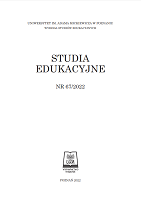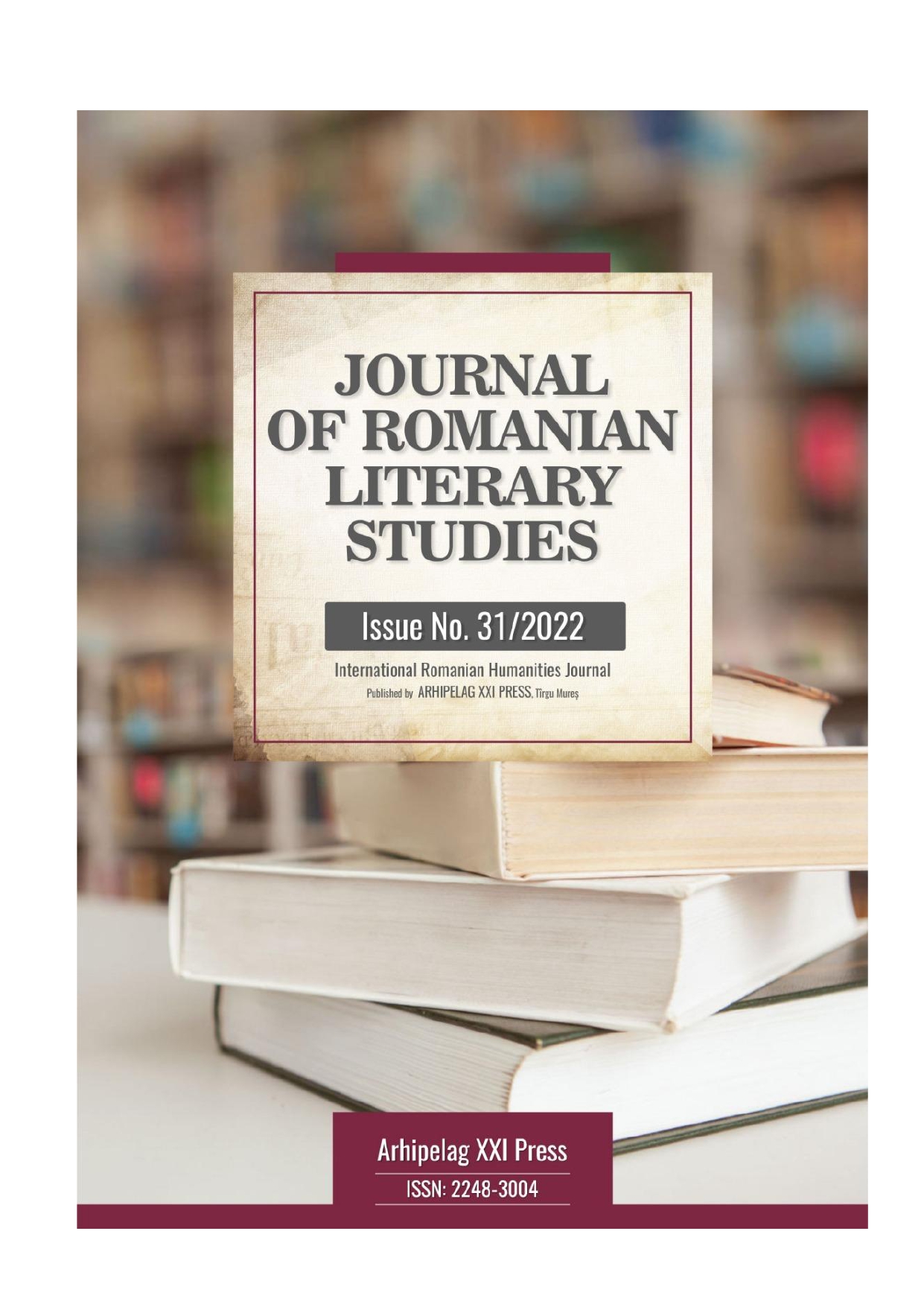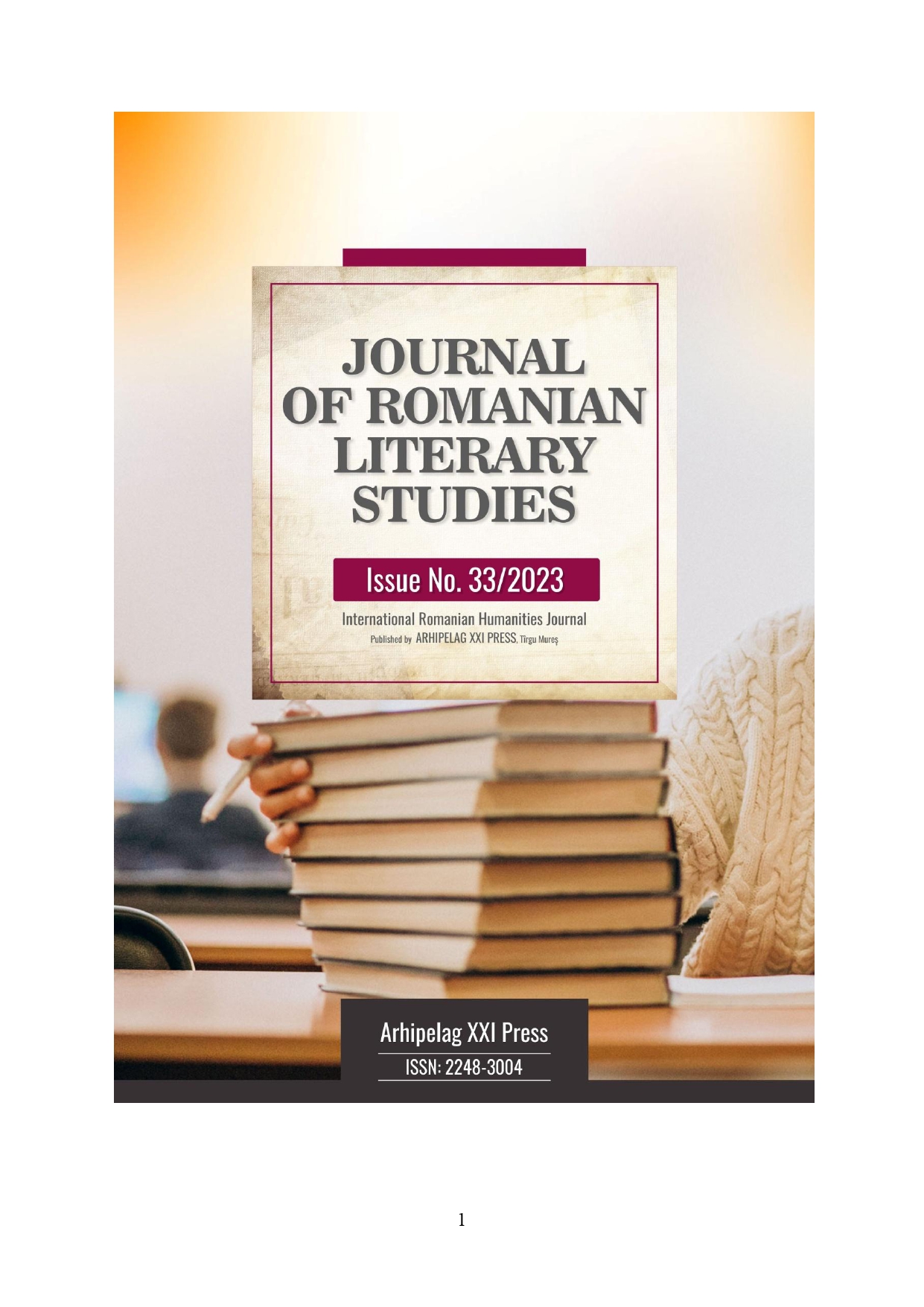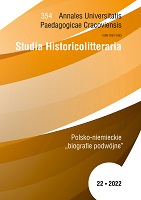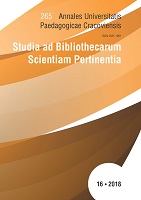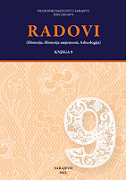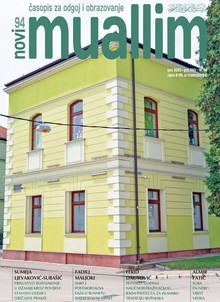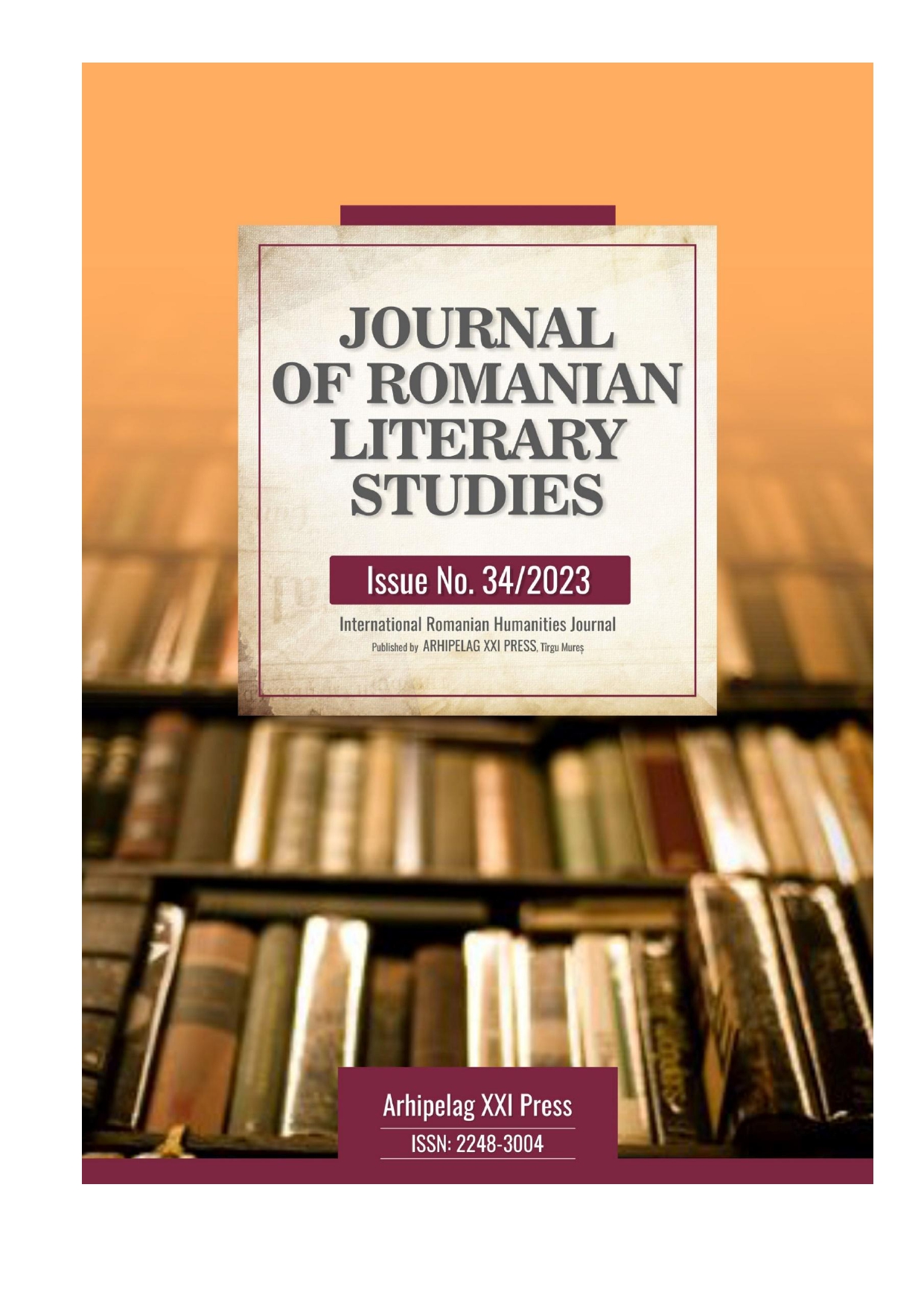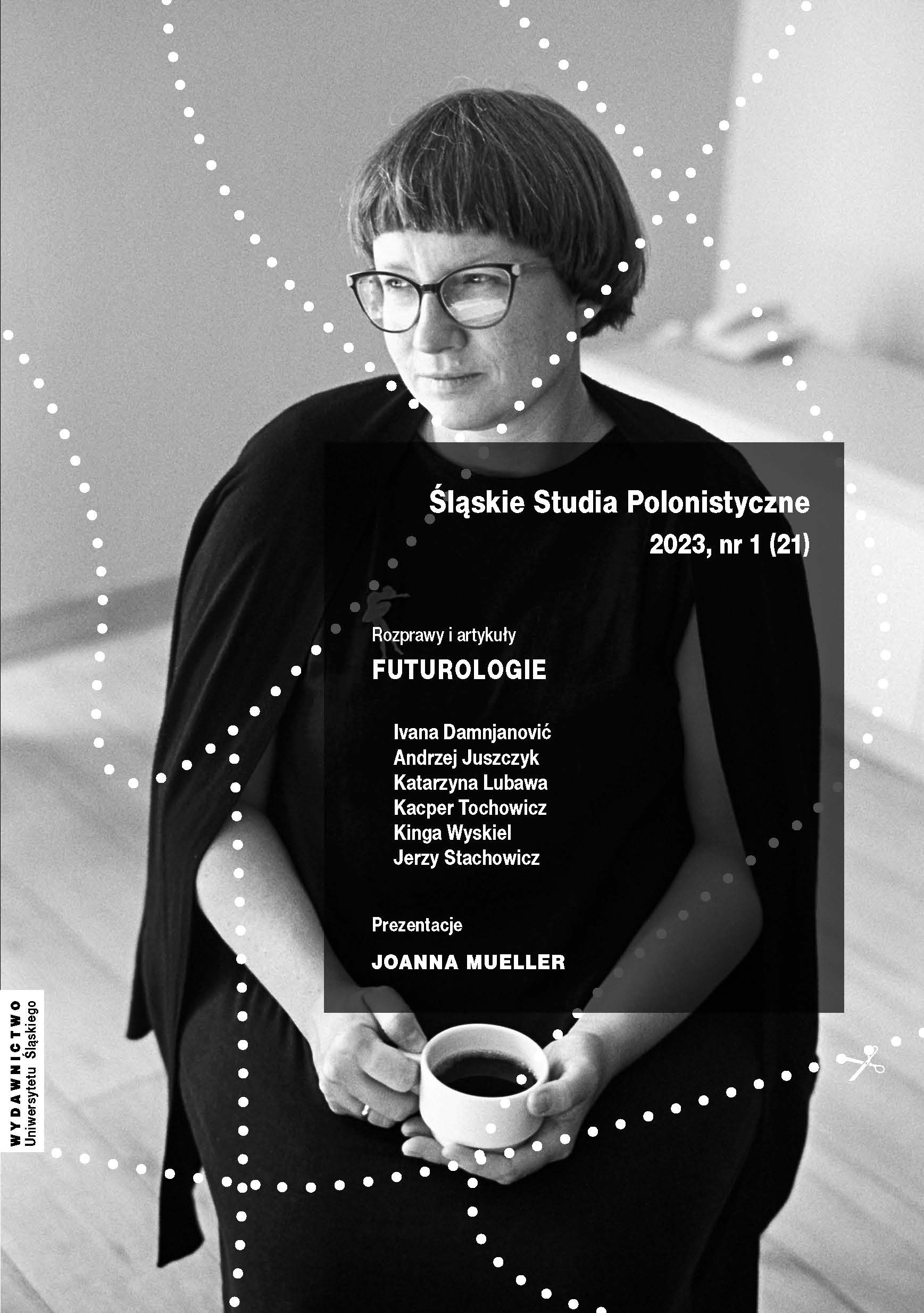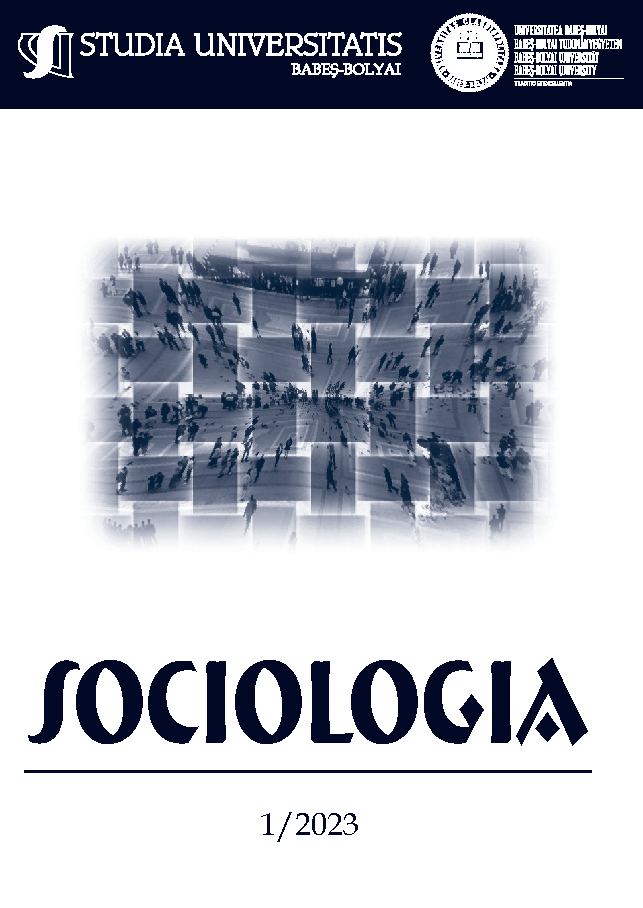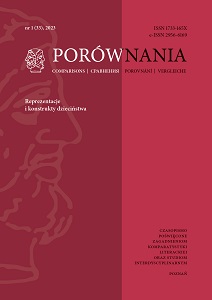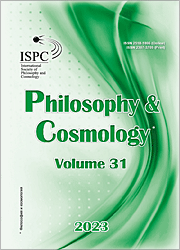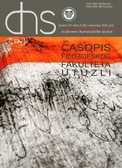Author(s): Sandra Chira / Language(s): English
Issue: 31/2022
Femininity and masculinity, understood as the gender identity of individuals, are concepts that are not confused with the sexual identity. While genders are definitions assigned to people in relation to the social framework of belonging, depending on the gender standards and stereotypes established in society, the male or female sex belongs to the biological identity of the individuals, being hereditary. The clear distinction between sex and gender refers to their origin. Sex is a biological given, not an individual's choice to be male or female, while gender refers to how a person defines themselves as male or female. From a sociological perspective, gender is the social interpretation of sex because the formation and definition of gender identity depends both on the intimate space of individuals but also on the social environment alongside external influencing factors. Due to cultural uncertainties about the role of man or woman in contemporary society, the process of defining genders becomes ambiguous. If in the past, the woman was clearly subordinate to the man and fulfilled the role of protecting the privacy of the home at most and the man was involved in various professional and social activities, today, in an evolved and democratic society, such a distinction regarding the status of individuals in the framework of society according to gender no longer occurs. At the same time, as contemporary theories about the identity of individuals in general speak of "identity crisis", in which, in the absence of an identity foundation based on traditional values and aspects, individuals are always in search of their own identity, people and consumer objects with which to identify, also in the case of gender identities, in the presence of constantly changing images of masculinity and femininity, the definition of genders becomes uncertain.
More...
